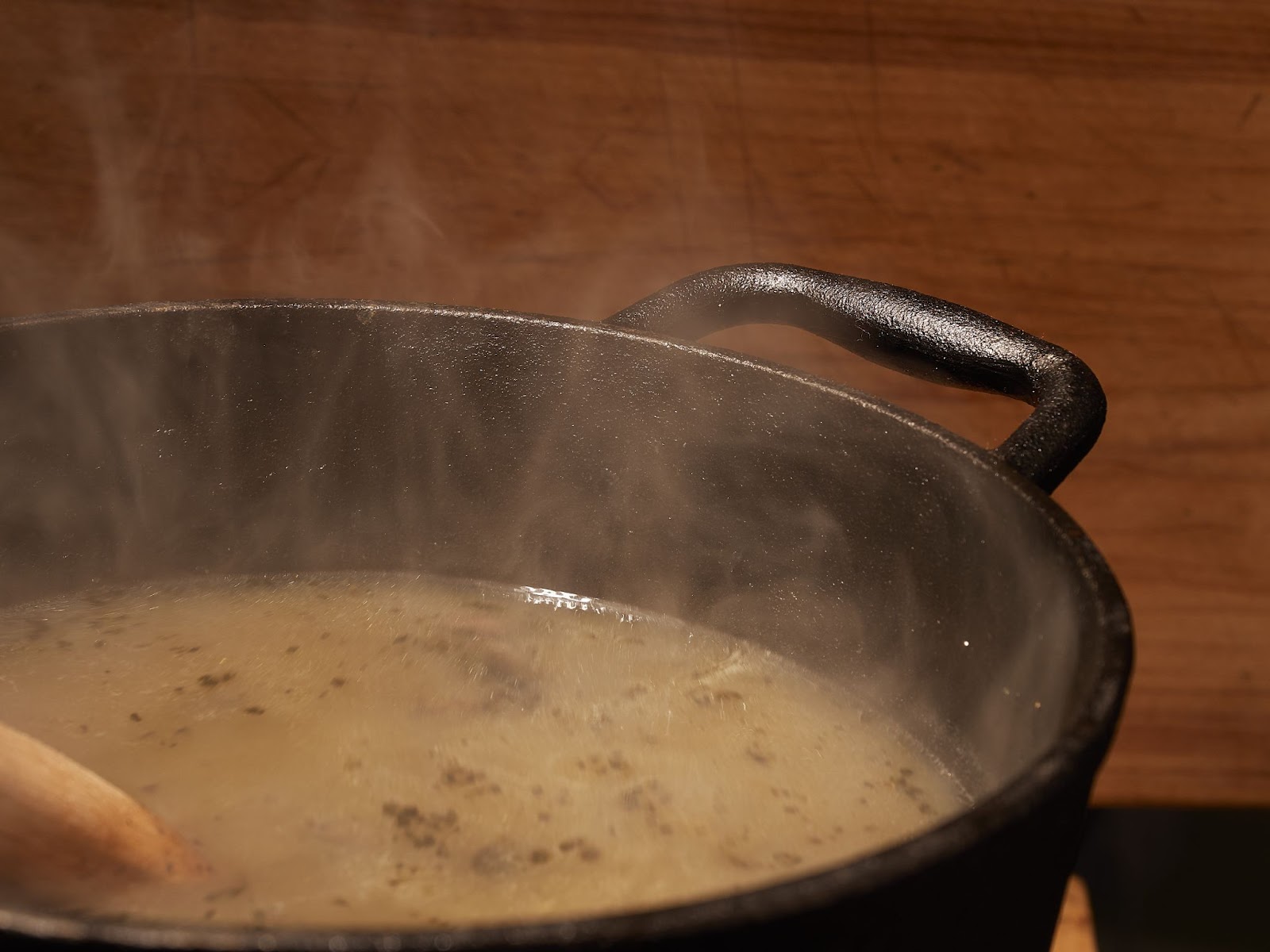It lowers the inflammatory response in the body, helping a variety of conditions
Unsubscribe | Report as spam | Change email preferences
This common spice alleviates symptoms of asthma

Asthma is an immune response to dust mites or other irritating particles which get into the lungs.
Some people barely notice any effect from these particles, while in others the lungs become irritated and hyper-responsive.
The latter are asthmatic.
There are a lot of natural anti-inflammatory foods that may help with inflammatory diseases like asthma.
Ginger is probably one of the best.
Recently, researchers tested the effect of ginger extract and a ginger compound on asthma and related inflammation in animals.
The results show that this common spice could help alleviate some of the symptoms of asthma.

The mouse experiments were carried out at Columbia University. The results were published in Lung Cellular and Molecular Physiology – The American Journal of Physiology.
Inflammation is one of the major sources of disease.
But the effects of inflammation affect people in different ways.
Inflammation causes some people to be obese.
For others, it can cause low testosterone.
It can also be expressed as cardiovascular disease or dementia.
10% of the population in the United States suffer from the inflammatory condition asthma.
“Asthma, a common disorder associated with airway inflammation and hyperresponsiveness, remains a significant clinical burden in need of novel therapeutic strategies.”
Ginger is one of the most easily available anti-inflammatory foods.
“Ginger, a natural product, has long been reported to possess anti-inflammatory properties, though a precise mechanistic understanding is lacking.”
In this study, researchers gave ginger extract or a ginger compound to mice exposed to dust mites.
In these mice, asthma was triggered by exposure to dust mites.
So the researchers tested the effect of ginger on asthmatic processes.
Consistent ginger supplementation lowered the inflammation which causes asthma.
“Chronic administration of whole ginger extract or 6-shogaol, a bioactive component of ginger, mitigates in vivo house dust mite antigen-mediated lung inflammation in mice.”
The airway smooth muscles contract and stiffen up during an asthma attack.
This is what causes the inability to breathe.
Ginger supplementation can relax the airway smooth muscles — which should decrease the frequency and intensity of asthma attacks.
“Ginger cutely relaxes airway smooth muscles.”
The researchers carried out detailed experiments looking at the effect of ginger on inflammatory mediators in the animals.
Ginger turned down the immune response to the dust mites — this led to lower inflammation — which decreased asthma.
“This decrease in inflammation is associated with reduced in vivo airway responsiveness.”
The ginger compound used in one of these experiments was particularly effective at normalizing immune and inflammatory responses.
This compound is called 6-shogaol. It is primarily produced when ginger is dried.
This points toward dried or powdered ginger perhaps being superior to a fresh preparation for asthmatics.
6-shogaol acts on immune cells to prevent the release of inflammatory mediators which would otherwise inflame and constrict the lungs.
Both the whole ginger extract and 6-shogaol supplementation led to lower inflammation and more relaxed airways.
“These studies suggest ginger and 6-shogaol have the potential to combat asthma via two mechanisms: acute airway relaxation and chronic inhibition of inflammation.”
Previous research had identified a couple of other compounds found in dried ginger which also serve to relax the airways — namely 6-gingerol, and 8-gingerol.
Ginger is one of the most widely used herbal remedies across the world.
It is well known for its anti-inflammatory effects right throughout the body.
You should always consult a healthcare practitioner about treating and diagnosing health-related problems.
—-Important Message—-
Drinking this T soup slows down aromatase — boosts natural testosterone while lowering harmful estrogen

Many men don’t have a problem producing testosterone.
Not even in men in their 50s, 60s, 70s, and beyond.
The real problem is a process called aromatization that speeds up as a man ages…
With aromatization, testosterone is being created but getting turned into estrogen.
And that’s the problem — too much testosterone is getting turned into estrogen.
So T levels go down and estrogen levels go up!
But when you drink this 2-minute Tee soup I’ve discovered, you slow down aromatase…
So testosterone STAYS testosterone — and your T levels shoot upwards while estrogen falls back down.
Here’s how to make my Tee Soup at home with 1 simple ingredient
———-

